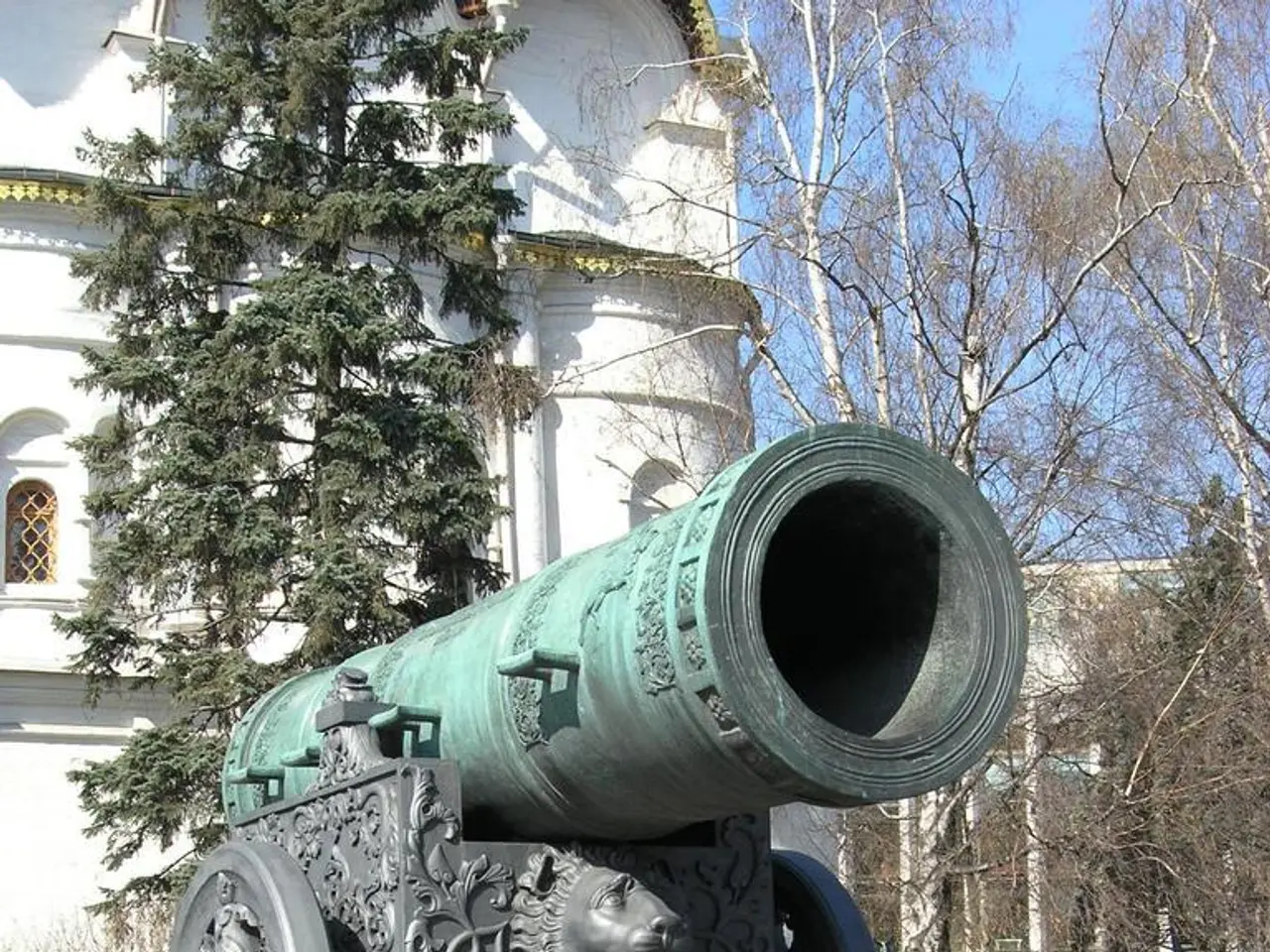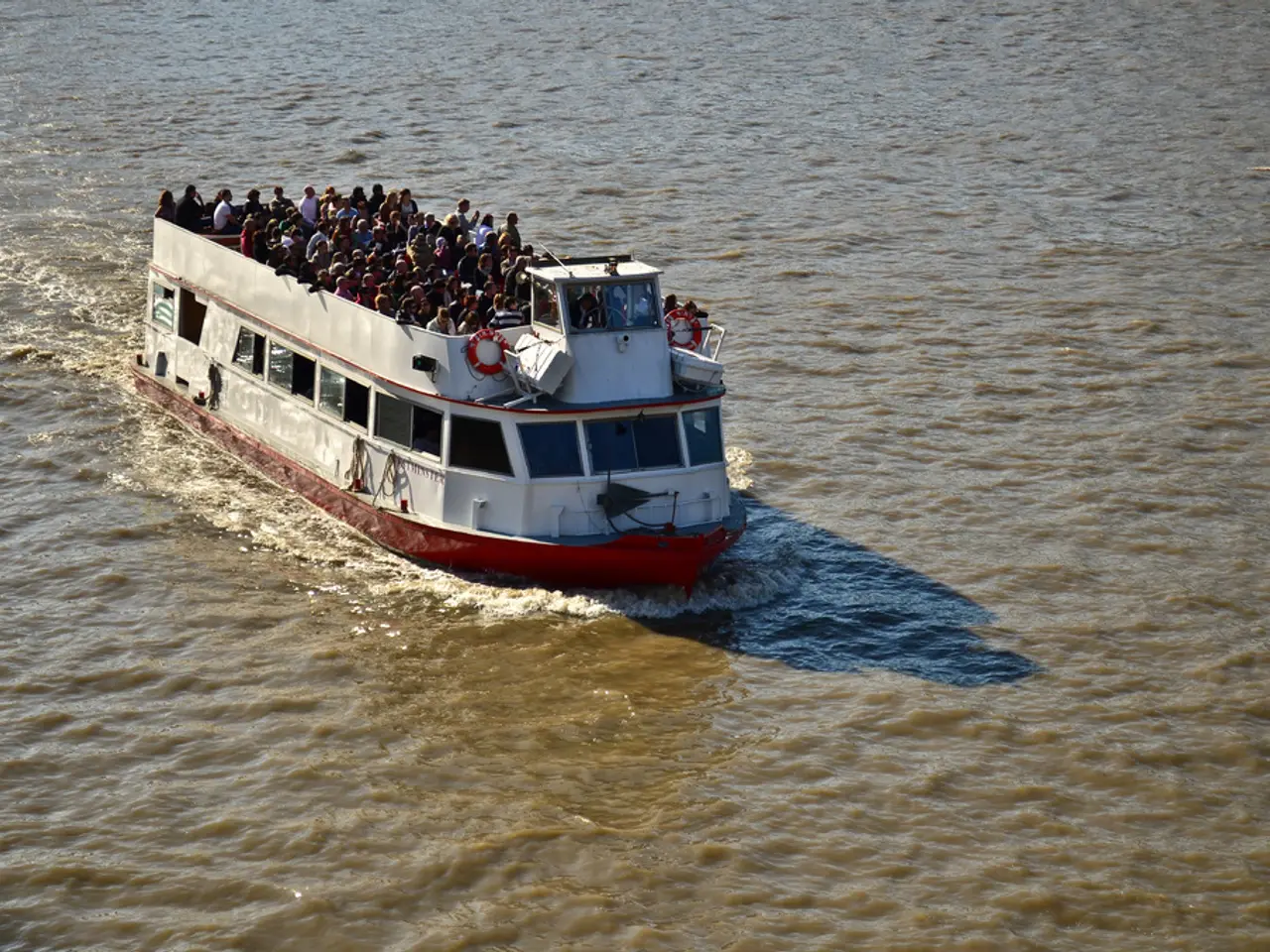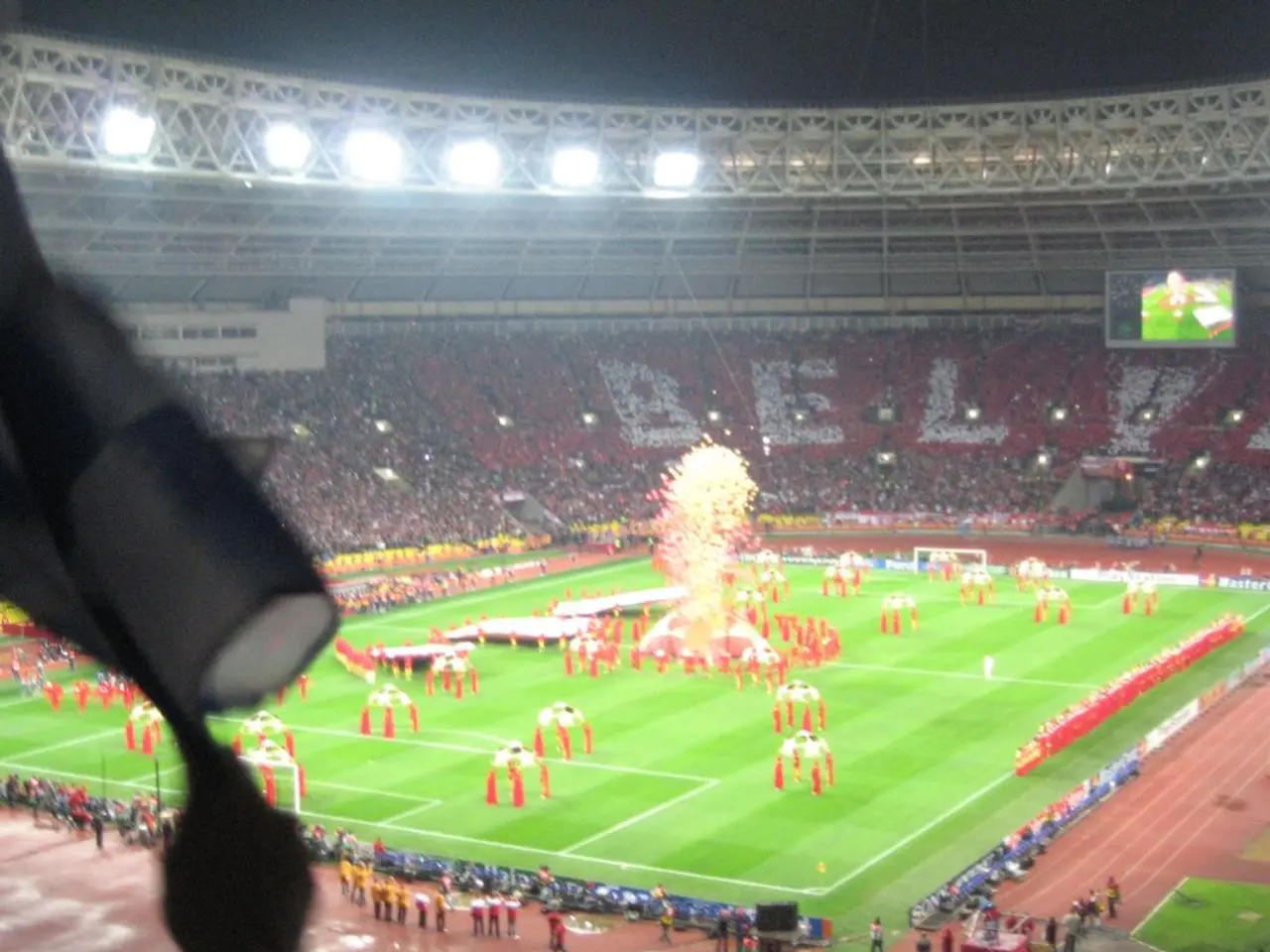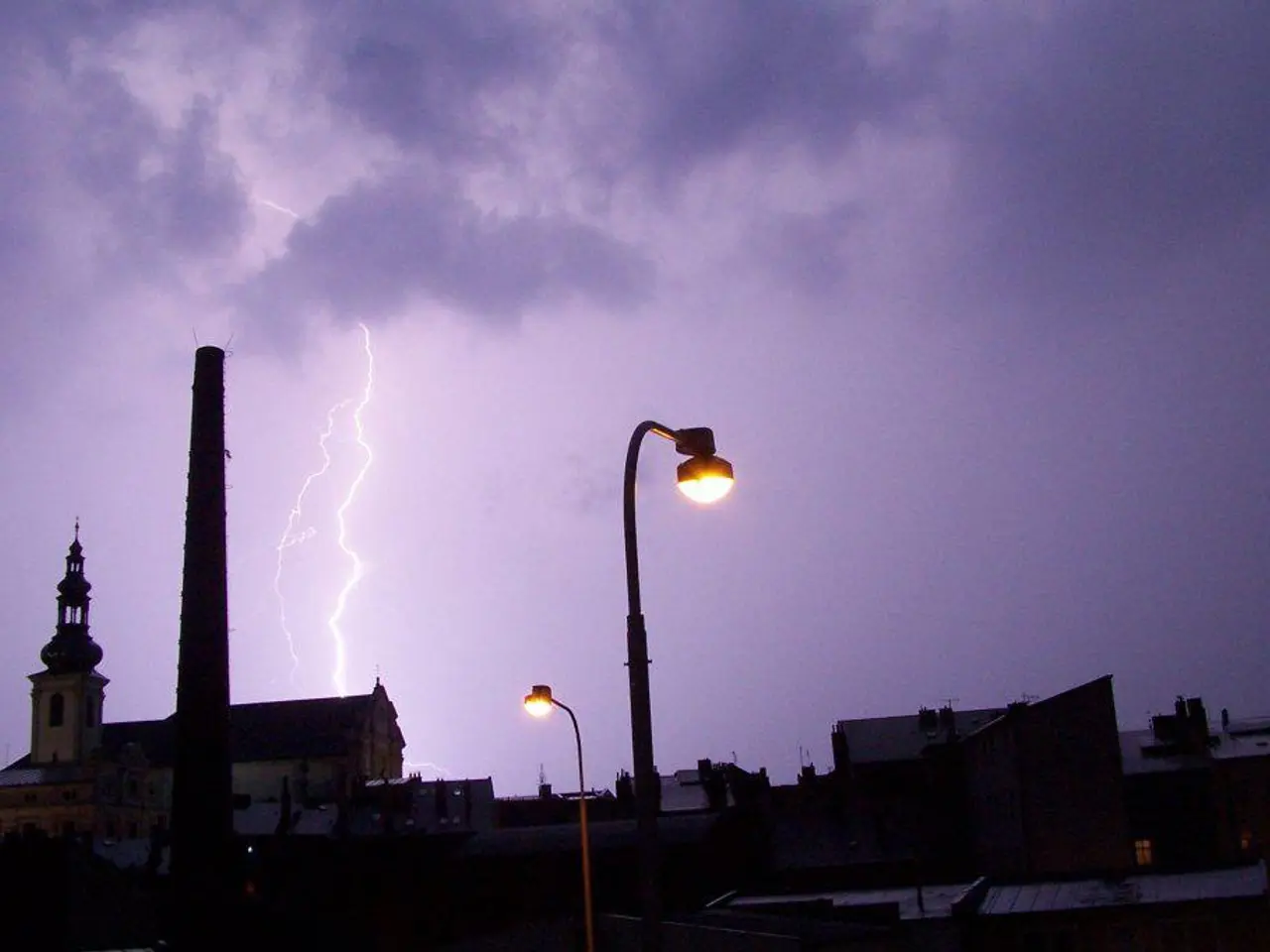In 2005, Lukashenko referred to "our national pride" as "our national dignity".
In the heart of Eastern Europe, the presidency of Alexander Lukashenko has shaped the political landscape of Belarus for over two decades. Since taking office in 1994, Lukashenko has demonstrated a strong commitment to sovereignty, navigating political crises, fostering foreign relations, and cultivating national identity.
Sovereignty and Political Actions:
Upon assuming the presidency, Lukashenko restored many Soviet-style systems, halting privatization and reintroducing a planned economy, reinforcing his control over Belarus’s direction. In 1995, he designated Russian as an official language and changed national symbols to resemble those of the former Belarusian SSR, reflecting his inclination toward Russian cultural and political integration while maintaining Belarusian sovereignty. Over the years, he has suppressed opposition figures, often under mysterious circumstances, indicating a harsh approach toward dissent.
Political Crises and Governance:
Lukashenko has been repeatedly reelected, most recently for a seventh term in 2025 with about 88% of the vote amid controversial election processes and Western denunciations. Despite domestic and international criticism, he has maintained control, emphasizing continuity over revolutionary change. He has also overseen constitutional changes, such as the 2022 referendum that expanded powers of the Belarusian People’s Assembly and removed terms like “denuclearization” and “neutral” from the constitution, suggesting a shift in national security posture and governance structure.
Foreign Conflicts and Relations:
Lukashenko is a close ally of Russian President Vladimir Putin; their relationship includes a 2021 agreement on a 28-point roadmap for Belarus-Russian integration, which may deepen Belarus’s political subordination to Russia despite previous economic support. He has strengthened military cooperation with Russia, notably during joint drills such as the Zapad 2017 exercises, underscoring the strategic partnership. Belarus’s stance in foreign conflicts reflects this alliance, and Lukashenko has expressed a preference for avoiding destabilizing upheaval, instead emphasizing development based on "leaning on the shoulders of the strong," notably Russia.
Remembrance and National Identity:
Lukashenko has promoted national remembrance and historical identity through presidential decrees designating specific years for thematic focus, such as 2021 as the year of national unification, 2022 the year of historical memory, and 2023 continuing this theme to reinforce Belarusian national consciousness. He led the 75th-anniversary celebrations of the Minsk Offensive in 2019, including military parades on Belarus’s Independence Day, reinforcing patriotic and military pride in the country.
Future Plans and Political Transition:
In August 2025, Lukashenko announced that he would not seek an eighth term and indicated openness to a successor continuing his policies, without naming his son as a potential heir. He expressed a desire for gradual development without revolutionary disruption.
Lukashenko’s presidency has been marked by a dominant, sometimes authoritarian leadership style. However, indications of eventual transition are on the horizon, as he prepares to step down after nearly three decades in power.
The political landscape of Belarus, influenced by Alexander Lukashenko's presidency for over two decades, has witnessed a series of constitutional changes, such as the 2022 referendum that expanded powers of the Belarusian People’s Assembly and removed terms like “denuclearization” and “neutral” from the constitution, suggesting a shift in national security posture and governance structure. Despite domestic and international criticism, Lukashenko has maintained control over the nation while advocating Russian cultural and political integration, as seen by his decision to designate Russian as an official language in 1995, while also preserving Belarusian sovereignty by reinstating national symbols resembling those of the former Belarusian SSR.








